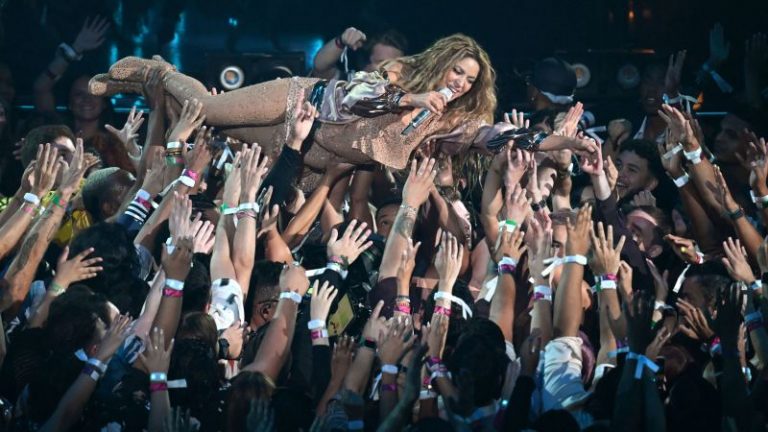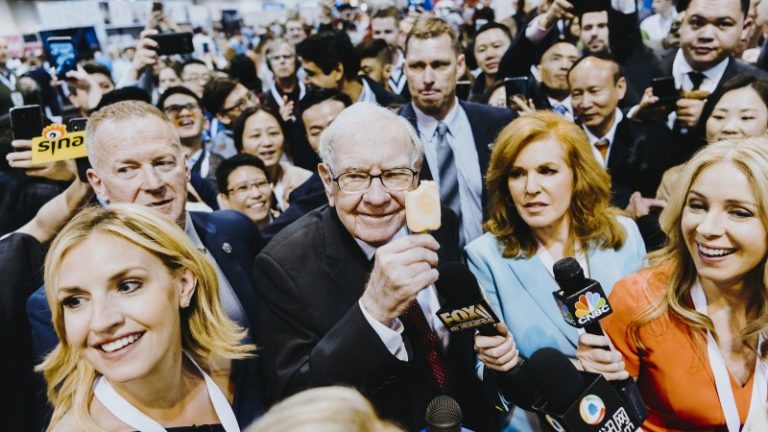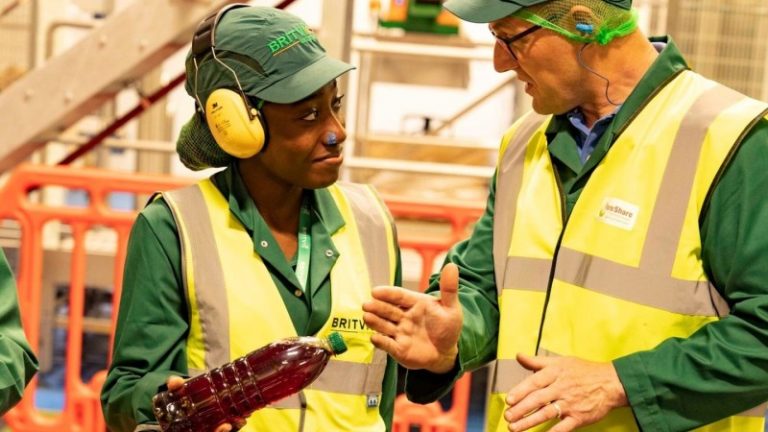Getting into the festival spirit? It’s not as happy as it sounds
This year more than two million people tried to get a ticket to the Glastonbury music festival. About 200,000 were successful. Such friction between supply and demand means that disappointment is inevitable for most.
The supply of Glastonbury tickets is “inelastic”, or, in normal terms, it does not increase quickly in response to a jump in demand. Tickets are scarce, meaning that its organisers can charge £360, including a booking fee, for the privilege of standing in a field in Somerset and paying an arm and a leg for an artisanal vegan burger hewn from cardboard. It is the most expensive music festival ticket in Britain. In 2000, a ticket cost £87.
Yet the British festival market is saturated and alternatives to Worthy Farm abound. The organisers of these alternatives are confident that they can capitalise on this excess demand as festival season gets into full swing. According to the latest available figures, about 6.5 million people attend music festivals in the UK every year.
Fiona Stewart, the managing director and owner of Green Man, an independent music festival with a capacity of about 25,000 that takes place this weekend in Powys, said: “Demand is high. This year’s festival sold out in two hours last September.”

The supply and demand imbalances that purvey the market for Glastonbury tickets exist elsewhere. According to Stewart, “42,000 people waited in the ticket queue. No artist was announced, so it was on brand trust alone. This happened in 2022 and 2023 as well.”
Like most sectors of the economy, festival organisers have had to grapple with rising costs, driven primarily by higher wage, energy and insurance bills. Smaller festivals with less capacity to absorb greater expenditure pressures have been forced to close. Pandemic lockdowns caused havoc across the music industry, with small independent venues, festivals and up-and-coming artists bearing the brunt.
According to Simon Taffe, co-founder of End of the Road, a festival in Dorset with a capacity of 15,000, said that costs had increased by up to 60 per cent since the pandemic. Organisers have increased ticket prices in response.
Tom Kiehl, chief executive of UK Music, the representative body for the industry, said: “While festivals such as Glastonbury have been incredibly successful, it’s been a mixed picture, with about 50 festivals that have been postponed, cancelled or shut down completely in 2024.”
Nozstock, in Herefordshire, said that this year’s edition would be its last after more than 20 years. Buckinghamshire’s Towersey Festival succumbed to the same fate after more than 60 years, as have Beacon Festival and Shindig.

Festival closures risk curtailing the vibrancy of local economies. Events held in one area often yield a substantial benefit for output. For example, the Bank of France said last week that the Olympic Games would temporarily accelerate Parisian and national GDP. London continues to receive economic benefits from hosting the Games in 2012.
Such sporting or cultural events provide a route to market for independent food, drink, clothing and beauty suppliers. For lesser-known musicians, festivals can provide crucial exposure to larger crowds than typically they would draw at smaller venues. Brexit has made touring Europe much harder, magnifying the importance of performing on the domestic festival circuit.
Jim King, chief executive of European festivals at AEG Presents, which organises All Points East, a string of day festivals in Victoria Park in east London, said that its events delivered “over £45 million in economic expenditure benefit to the local economy each year, of which £5.7 million benefits Tower Hamlets council directly and growing year-on-year”.
All Points East also organises free events in Victoria Park for local residents when the festival is not on during the middle of the week, including film screenings and exercise classes.

In recent years, the number of day festivals, often organised in cities, has grown sharply, possibly reflecting consumers’ desire to see their favourite bands but without the weekend camping. In a highly competitive market, there is a risk that day festivals lure music lovers away from the traditional festival weekend, raising the chances of further closures.
However, Taffe cast doubt on this. “There might be a slight generational shift in younger people going to more one-day events and not so much a camping festival,” he said, “but who wants to be kicked out of a city park at 10.30pm?”






